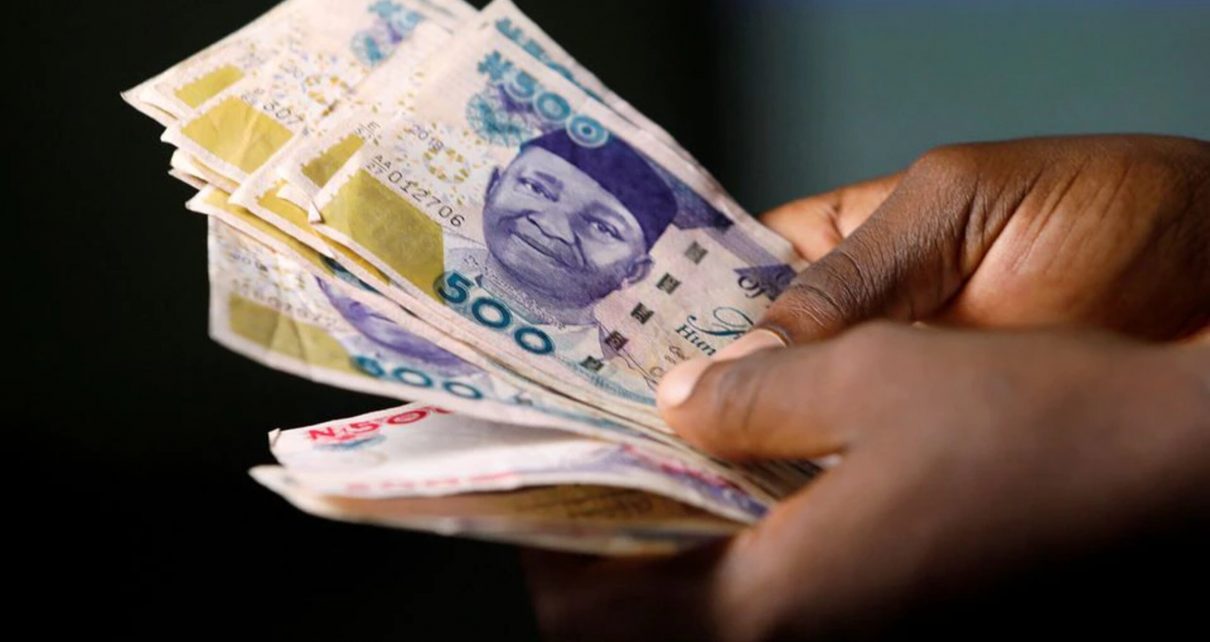As the Naira grapples with ongoing volatility, stakeholders are urging a boost in local production of goods and services as a key strategy to fortify the currency.
The News Agency of Nigeria (NAN) highlights the recent breach of the N1,000 to the dollar threshold at the parallel market, coupled with significant weakening at the official market due to dollar scarcity and speculative activities by illegal forex dealers.
The Federal Government’s decision in June to permit the depreciation of the Naira as a measure to attract inflows and revive the economy resulted in a 40% depreciation in the official market. Despite an initial convergence between official and parallel market rates, a shortage of dollars has led to a widening gap.
Some stakeholders assert that the government is relying on the oil sector to bolster the Naira, emphasising the need to address issues like insecurity, oil asset sabotage, and regulatory challenges.
Heineken Lokpobiri, the Minister of State for Petroleum Resources, shared that the government aims to achieve a daily oil production of two million barrels and beyond by the year-end.
Aminu Gwadabe, President of the Association of Bureaux De Change (BDCs) Operators of Nigeria, emphasises that instilling confidence in the market is crucial for strengthening the Naira. He advocates for the active involvement of BDC operators in the retail segment of the foreign exchange market to achieve this goal.
Gwadabe envisions a robust forex market that supports the domestic economy, emphasising the need to reverse the continuous depreciation of the Naira for the benefit of BDCs and the overall economy.
The Manufacturers Association of Nigeria (MAN) notes that limited dollar liquidity and high exchange rate costs have adversely affected industrial production since currency reforms were announced in June. MAN suggests that any Central Bank of Nigeria (CBN) forex intervention should be accompanied by increased liquidity and transparency.
Okechukwu Unegbu, a past President of the Chartered Institute of Bankers of Nigeria, underscores the importance of enhancing local production, boosting consumption of local products, and reducing importation to strengthen the Naira. He proposes pricing commodities for export in Naira, asserting that this approach, along with conscious efforts to increase production and reduce governance costs, can contribute to stabilizing the Naira.



